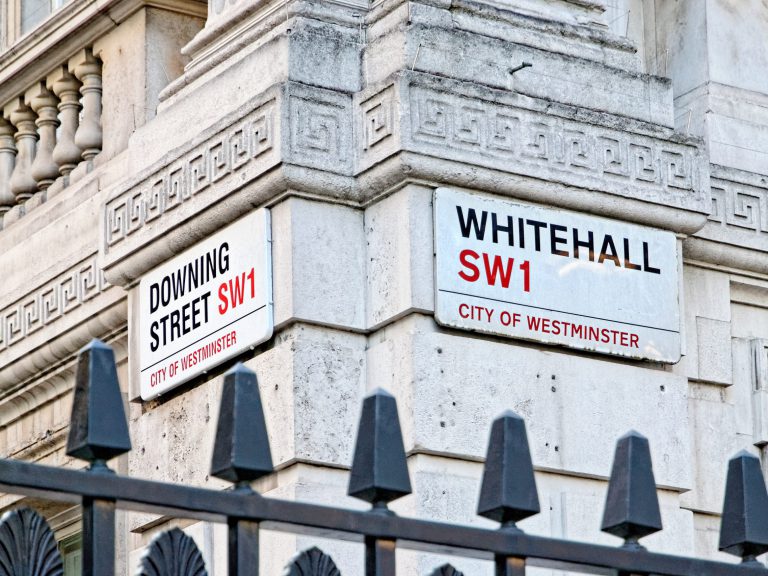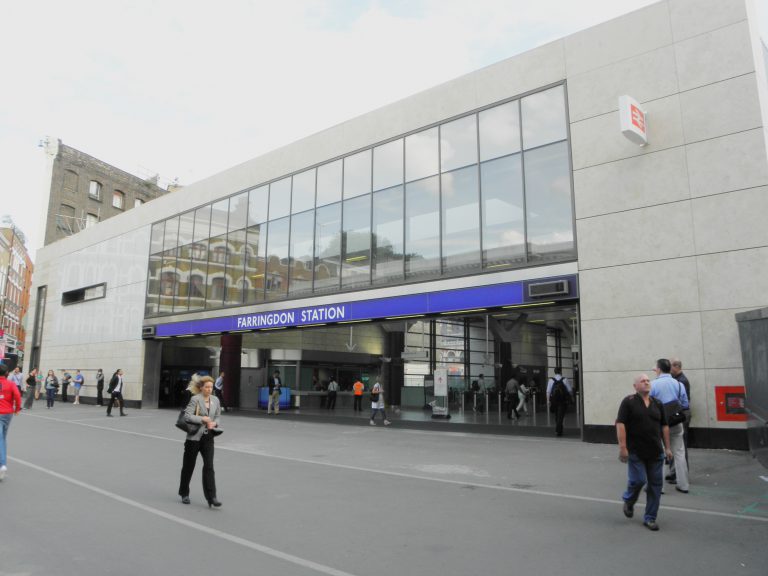Plans to force civil servants out of London are far too timid
DragonGate Non-Executive Chairman, David Werran, writes about the announced relocation of civil servants to Darlington and Wolverhampton in The Times Red Box (https://www.thetimes.co.uk/article/plans-to-force-civil-servants-out-of-london-are-far-too-timid-jxkd0xmdd)
In the teeth of determined civil service opposition, it was brave of the government to commit 750 top posts in the Treasury to Darlington and 500 in the Ministry of Housing and Local Government to Wolverhampton as part of the imminent Whitehall relocation programme and levelling-up agenda.
The civil service has a long history of moving large numbers of posts quite successfully from London to other parts of the UK — there have been five relocation programmes since 1940 — but the senior civil service has always been deeply hostile to the concept because their careers are built around close proximity to ministers. If pressed, then a regional city such as Liverpool, Bristol or Birmingham might just suffice.
But the UK’s regional cities tend to mimic the problems of the metropolis — relatively high costs and crowded commuting — and the towns and smaller cities provide much better solutions to meet the government’s “levelling up” objectives.
A good start has been made but much more can and should be done. Last year the government signalled its intention to disperse 22,000 civil servants out of London by 2030. But this is not nearly ambitious enough. There are some 90,000 civil servants in the London area and at least two thirds of these should be relocated, to the great benefit of the English regions and the devolved nations and with huge savings to the public purse. And the dispersal should take place over the current parliamentary term rather than a decade as envisaged. The Covid emergency demands a dynamic approach.
With a truly big programme — say 60 to 70,000 posts — it would be a catalyst for the much-needed reform of the civil service, and a very early stimulus for the regeneration of scores of UK towns and cities. It would also offer the opportunity to draw in the boundless fresh talent from the regions and encourage the growth of new skills, as a high proportion of the jobs on offer will be for local recruitment.
Of course, relocation comes with significant upfront costs, but history shows that the pay-backs — the time it takes for the savings that accrue from moving from London to equate to the costs — are very quick, two to three years at most, with savings thereafter amounting to hundreds of millions.
A unique feature of the Wolverhampton and Darlington decisions, in contrast with previous relocation programmes, has been the involvement of the two mayors, Andy Street and Ben Houchen respectively, who have been able to assemble evidence-based business cases in support of their bids for the civil service jobs. This represents a new way forward, with London departments and agencies working in close partnership with local government to achieve the best possible outcomes.
Indeed, the process does not end with the identification of relocation destinations. The next important phase will be to persuade the London civil servants, particularly the senior ones, to “up-sticks” and move to the new locations. This is mainly handled through them and their partners and families going to the new areas to appraise the housing market and other facilities in order to take personal decisions.
These arrangements have been well honed in previous relocation programmes and are achieved by two-day reconnaissance visits or familiarisation tours paid for by the government. A typical example is the BBC’s move from White City to Salford Quays, Manchester a decade ago when some 1,600 broadcast journalists availed themselves of these familiarisation tours before committing to relocation which, with very few exceptions, they did.
Moving from Whitehall, it is now important that the civil service not only engages with local government as stakeholders but as active partners in every aspect of the relocation process. Wolverhampton and Darlington have created the precedents and the blueprint for the roll-out dispersal programme that the government should immediately enlarge to encompass the majority of civil service posts in London.

David Werran is the Non-Executive Director at DragonGate and Co-Chairman of Breaking Barriers Innovations.

























